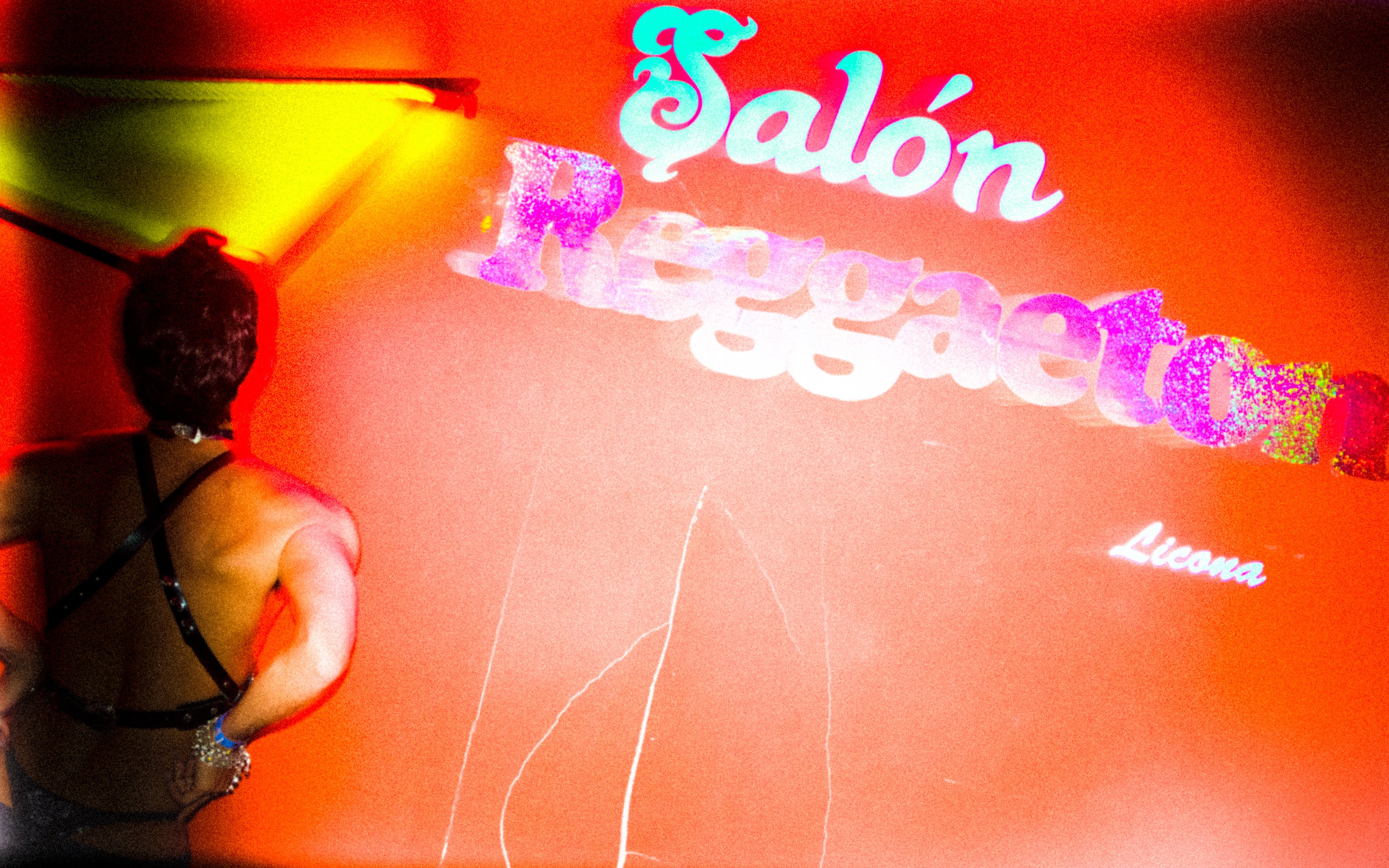
Bogota's local sounds go global
Given reggaeton’s recent explosion onto the global mainstream, it might be hard to imagine that it’s had a long and turbulent journey from the underground to the top of the charts.
After years of censorship in Puerto Rico, where the genre first evolved from the Panamanian, Spanish-language reggae into what it is today, reggaeton resurfaced in Colombia. Here, it collided with the country’s class system, first gaining traction in Medellín’s peripheral slums (or ‘comunas’) in the early 2000s.
At the time, high school students fervently traded the mixtapes of DJ Playero and DJ Blass (Puerto Rican pioneers of the genre) but reggaeton remained shut out from mainstream airplay for its explicit lyrics. The dance-ready tracks and urban appeal proved irresistible for Colombian society though. Local reggaeton artists such as J Balvin and Maluma emerged, putting a new spin on the old school tradition, and quickly shooting to international stardom. In an unexpected turn, Colombia became the epicenter of a new reggaeton era.
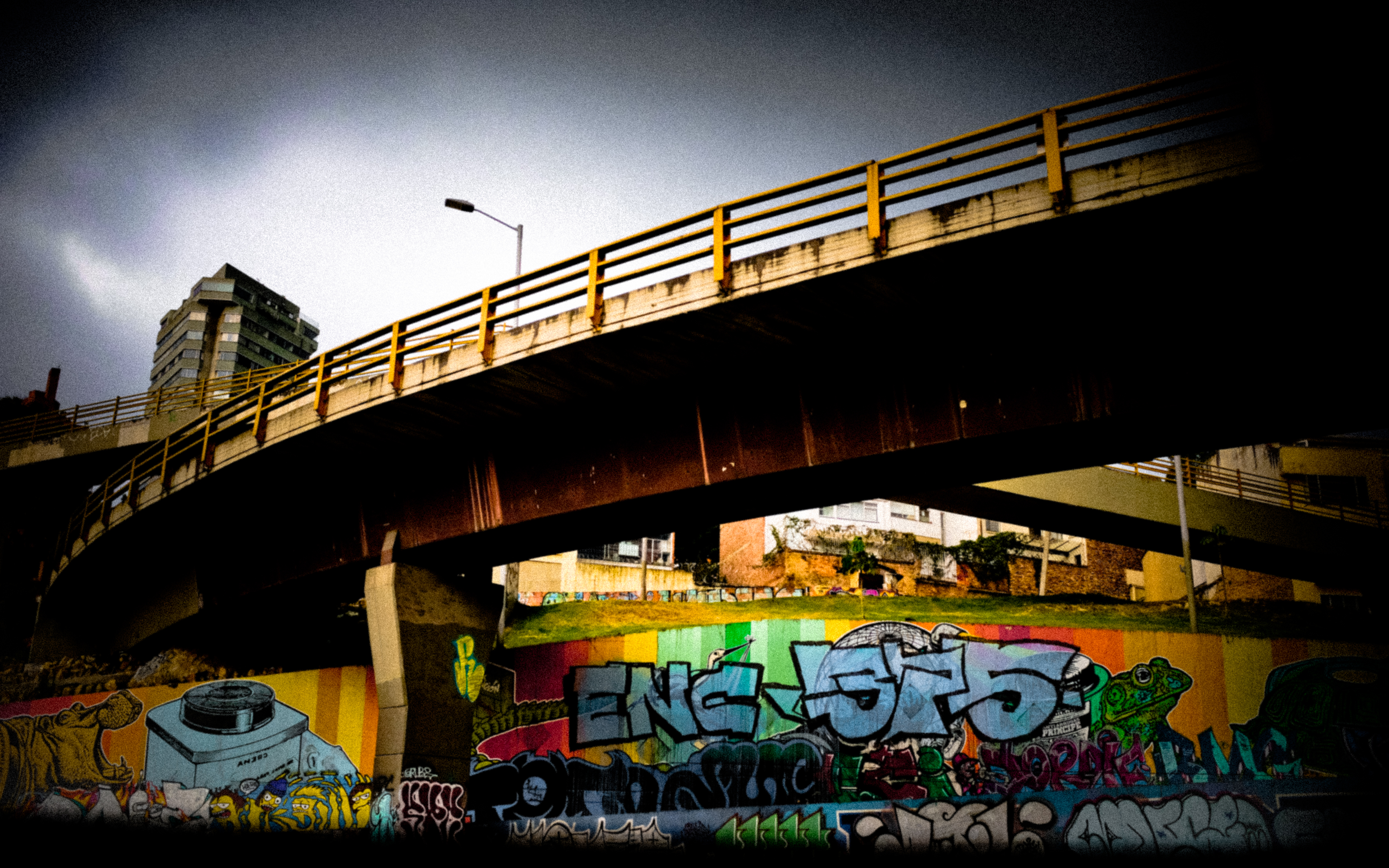
As champions of the pop-reggaeton wave, J Balvin and his peers found success by switching up the standard Puerto Rican formula; toning down the aggressive riddims and lyrics in favor of romance-imbued melodies. It has to be said though, that not everyone loves the new direction reggaeton has taken: some criticise the new class of pop-reggaeton artists for “whitening” a genre rooted in Black Caribbean traditions and for omitting much of the social commentary that emanated from the streets of San Juan where reggaeton first found its force.
Still, others acknowledge pop-reggaeton’s universal appeal has brought Spanish-language urban music — a musical category that encompasses trap, hip hop, and reggaeton — to new audiences and spaces worldwide. In Bogotá, Colombia’s capital, the ubiquity and widespread acceptance of pop-reggaeton has enabled a huge array of DJs, producers, and rappers in the underground urbano scene — including DJ Pony, Ynfynyt Scroll, Paquita Gallego, and Ha$lopablito — to resonate with more listeners.
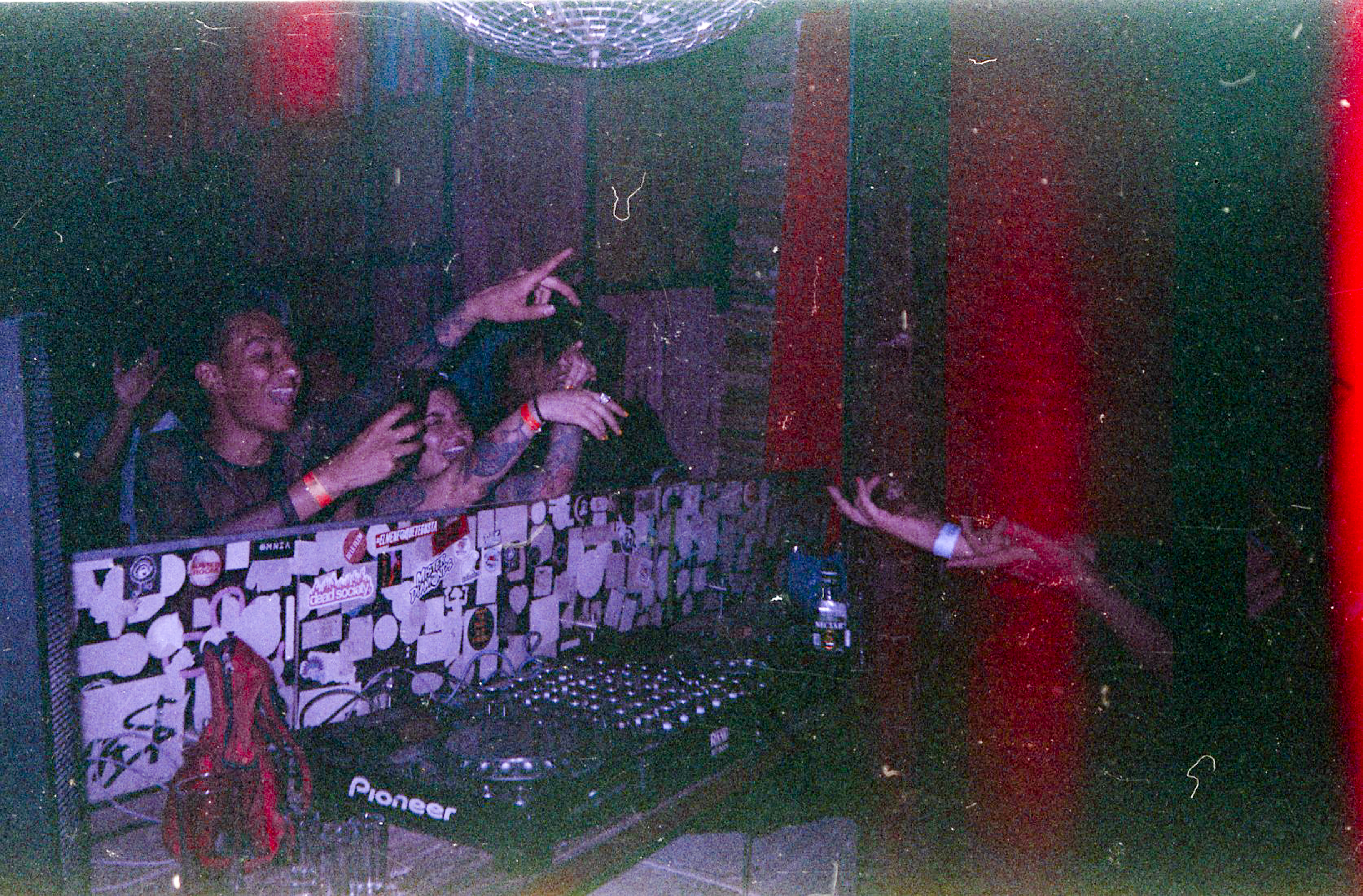
“The people who don’t like reggaeton now are a minority, and something similar is happening with trap,” says 20-year-old Pablo Jaramillo, or Ha$lopablito as he’s otherwise known. Latin trap surged in popularity as reggaetoneros such as De la Ghetto and Arcangel forayed into the genre, pushing the limits of reggaeton. While Ha$lopablito has taken a more authentic approach to the Atlanta-rooted hip hop style than fellow Latin American artists, there’s no doubt that the spotlight on urban Latino genres has eased his rise to international trap star status.
Since his EP No Son Drogas first hit the internet more than two years ago, the Visual Arts student has toured the local festival circuit and landed a coveted spot on Barcelona’s Sonar Festival line-up. In Bogotá, Jaramillo’s hometown, he’s earned a loyal fanbase with his tongue-in-cheek accounts of life as an average college kid in Colombia.
A global spin on local music
Much of Ha$lopablito’s success stems from this ability to pair Atlanta-inspired trap beats with hyperlocal lyrics. These run the gamut from boasts about riding the Transmilenio bus system with someone else’s girlfriend to barbed critiques of the country’s broken (almost comically so) system. In his writing, Jaramillo strays from the violence and sex that traditionally define the English-language genre and sticks to what he knows best.
This resistance to conform to genre and industry expectations is also reflected in his choice of language – typically he raps in local slang that might not mean much to first-time listeners outside of Bogotá. Yet Jaramillo believes his hometown allegiance won’t limit his music’s reach. “We don’t have to change for our music to be universal,” he says.
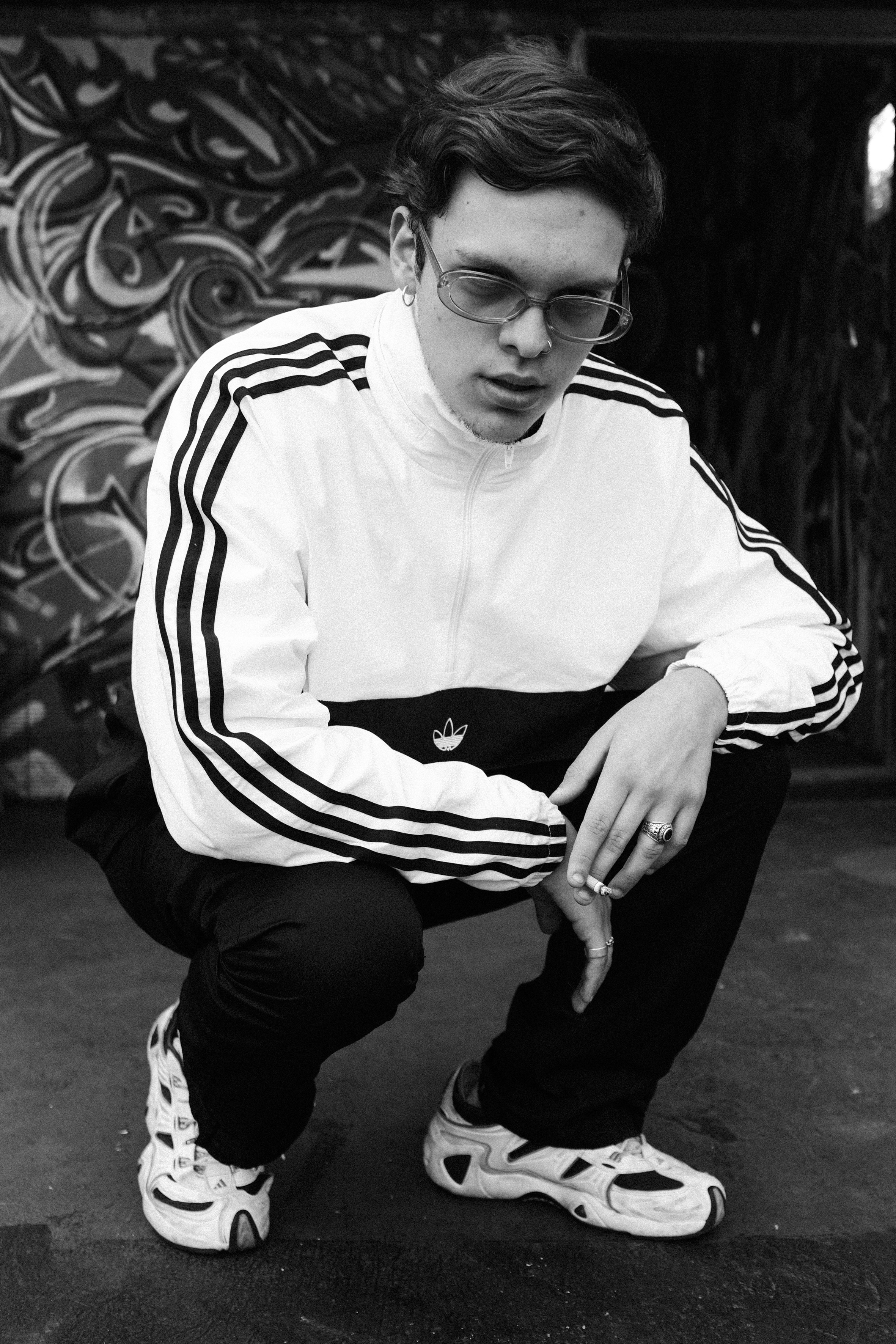
These questions, which also get to the heart of longstanding debates about national identity, hint at a larger musical movement bubbling in Bogotá’s underground. While Colombia is known globally as a country rich in musical traditions such as cumbia and vallenato; other genres, usually those rooted in rural, black, indigenous, or impoverished areas, have struggled to attract similar widespread recognition. DJs and artists mining local sounds and mixing them with global trends isn’t necessarily new, but it’s definitely a welcome alternative to the mainstream.
Juliana Pachon, better known as DJ Pony, started mixing three years ago as reggaeton picked up, opening the door for her to amass followers. Since then, her selections have become more eclectic: drawing from everything from electronic pop to Afro-Pacific music. The latter is inspired by a crop of musicians from a predominately Black region on the Pacific Coast. “More than anything I’m playing Colombian music,” says Pachon. “You see the things that are produced on the Pacific Coast and you can’t believe it. They live in the future, but they’re very much forgotten.”
Meanwhile Rodrigo Diaz, or Ynfynyt Scroll, quickly identified the potential behind guaracha, a Colombian tribal house currently electrifying many late-night after-parties, when he moved to Bogotá three years ago from Brooklyn. The result is a distinctly innovative Colombian sound that could easily blare at any warehouse party abroad. With original productions that also mix reggaeton hits with musical cues, from ballroom culture and the digital neo-perreo tide, Diaz has quickly become a powerful force in Bogotá’s underground queer nightlife scene.
DIY
As Jaramillo readily notes, some of the most innovative musical projects coming out of Bogotá aren’t produced in a professional studio setting, but from home. “The scene is a little more indie or emergent now, which is really interesting because it means anyone can make music,” says Jaramillo, recalling how he got his start with an Audacity program and a lyrics-scrawled notebook. He got his foothold in the industry with the support of the friends who helped him co-found the Changua Boyz record label.
In Colombia’s capital, this DIY spirit (or Hazlo Tu Mismo, in Spanish) captures how many creatives are venturing into the music, arts, and fashion industry. It makes sense in a country where a large chunk of the population makes their living from informal work, and where access to resources are slim. Still, some organisations are helping to make music more accessible to newcomers. Santiago Baclava, of the collective Support Net Continental, has been doing work to help up-and-comers, particularly stigmatised queer and poor folks, to find venues to showcase their music and to connect with other musicians.
The Future is Collaborative
Without much industry know-how, emergent urbano DJs and rappers rely on shared knowledge and collaboration to move their careers forward. Aside from Ha$lopablito’s Changua Boyz Crew, DJs such as Pony and Paquita Gallego have both gotten together with their peers to form women-only collectives: 4 Babies and Bad DJs, respectively. Started about three years ago, each collective aims to disrupt Bogota’s male-dominant reggaeton scene.
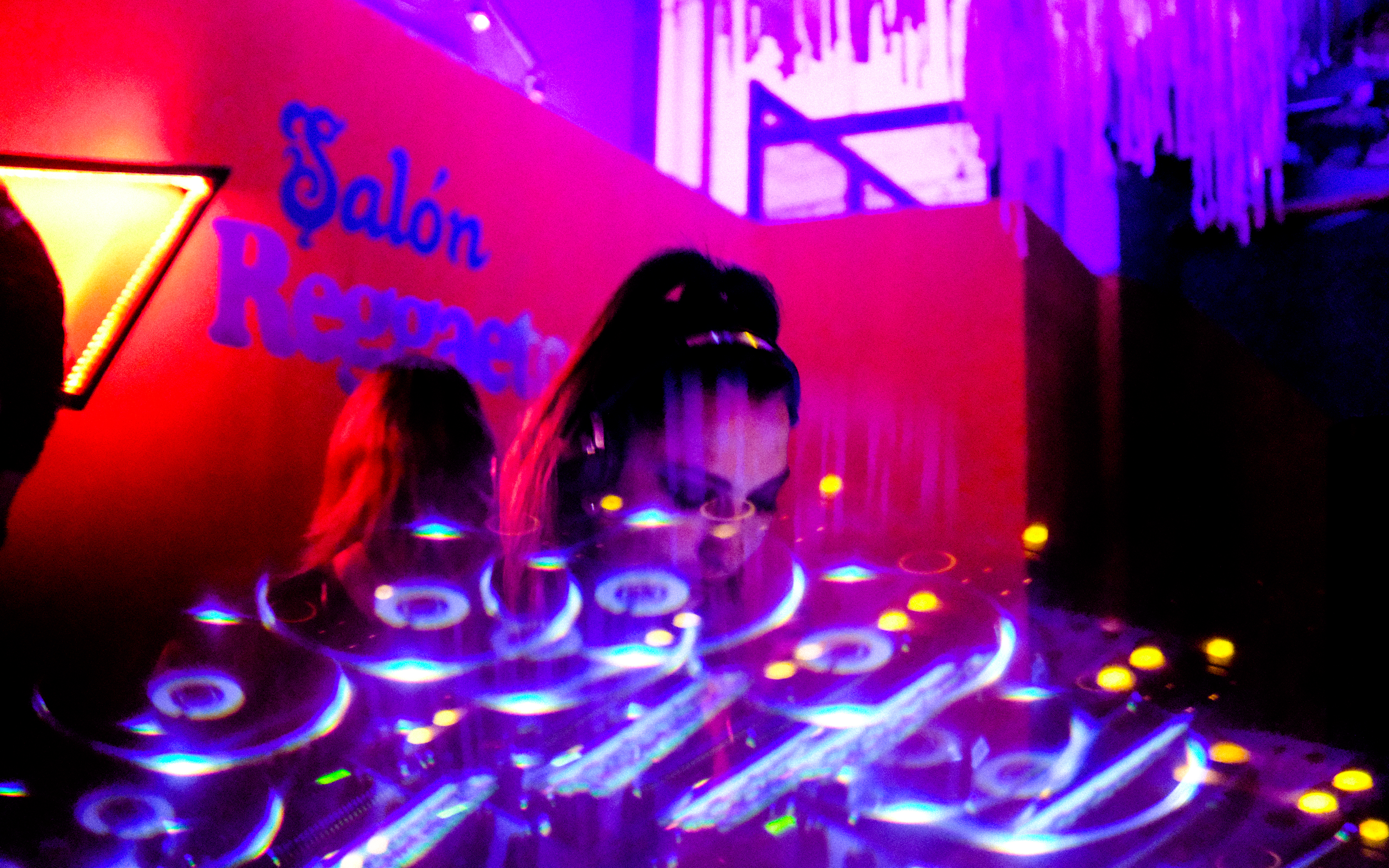
4 Babies takes its name from the Maluma reggaeton hit that caught flack from listeners and the media for lyrics that objectified women. Last year, Juana Castellanos (Paquita Gallego, pictured above), a local favorite for her comprehensive reggaeton selections, also created Tardes de Sororidad to unite the various women-only DJ collectives in Bogotá under one roof, opening up spaces for veteran and inexperienced female DJs alike to perform.
Putivuelta, a joint project from Ynfynyt Scroll, K.Hole Kardashian, Sister y Brother, and Baby Estupida, has collaborated with fellow queer collectives such as the advocacy group Red Comunitaria Trans and House of Tupamaras, Colombia’s first vogue crew, to build new and radically inclusive spaces for people commonly discriminated by the mainstream club scene. In their parties, they invite up-and-coming performers — whether that means ball emcees, rappers (such as LoMaasBello pictured below), dancers, or DJs — to create a transgressive and experimental dancefloor that doubles as a platform for local queer talent.

With the Mariconeo Night Diva event, House of Tupamaras has challenged pop-reggaeton’s influence by bringing together a diverse roster of DJs to ring in new reggaeton and experimental sounds. As Jonatan Sandoval (mother of the House of Tupamaras) explains, the collective has saught to remove stigmas around the perreo dance form as they seek liberation from gender norms and patriarchal constraints. There’s no question that Medellin’s pop-reggaeton sound remains a dominant force in Bogotá’s club scene. Any J Balvin track is sure to draw club goers to the dancefloor. Still, these new artists and collectives are ready for a change. They hope to challenge its influence, and in the process create something new that can push the alternative perreo scene forward.
Photography provided by Sebastian Comba
Listen to all editions of the Sounds of mix series
The Boiler Room x Ballantine’s True Music project is a long-time partnership connected by a common interest in music, the different places it comes from and the communities behind it. Over the past five years Boiler Room and Ballantine’s have thrown parties in more than 28 cities, and have worked with more than 220 artists across the globe, documenting local music stories along the way. In 2019 Boiler Room x Ballantine’s True Music announced it will champion True Music artists, fans and crews by facilitating positive change in music communities around the world, giving a platform to those in the scenes, supporting initiatives and of course hosting great events with great drinks.































